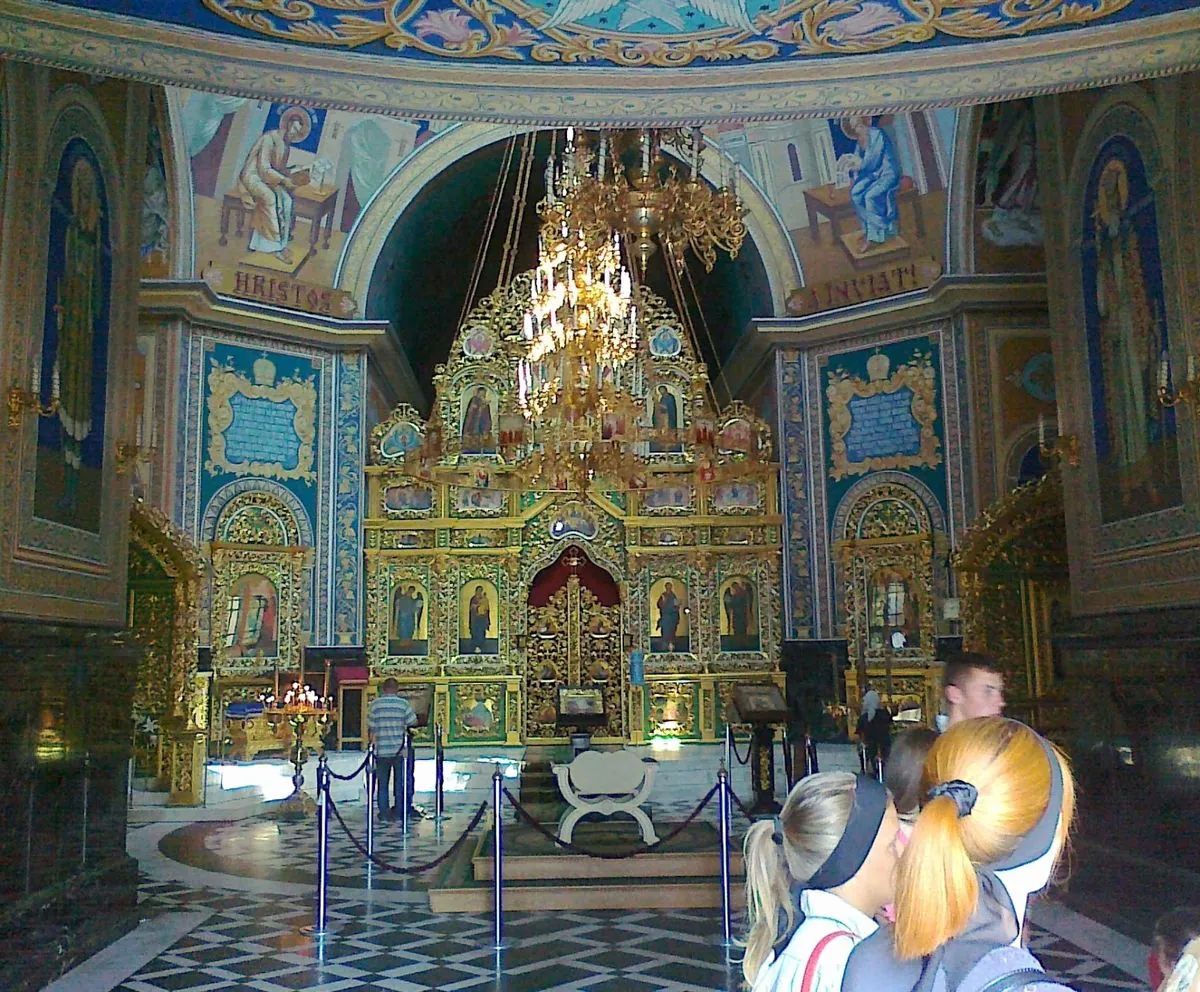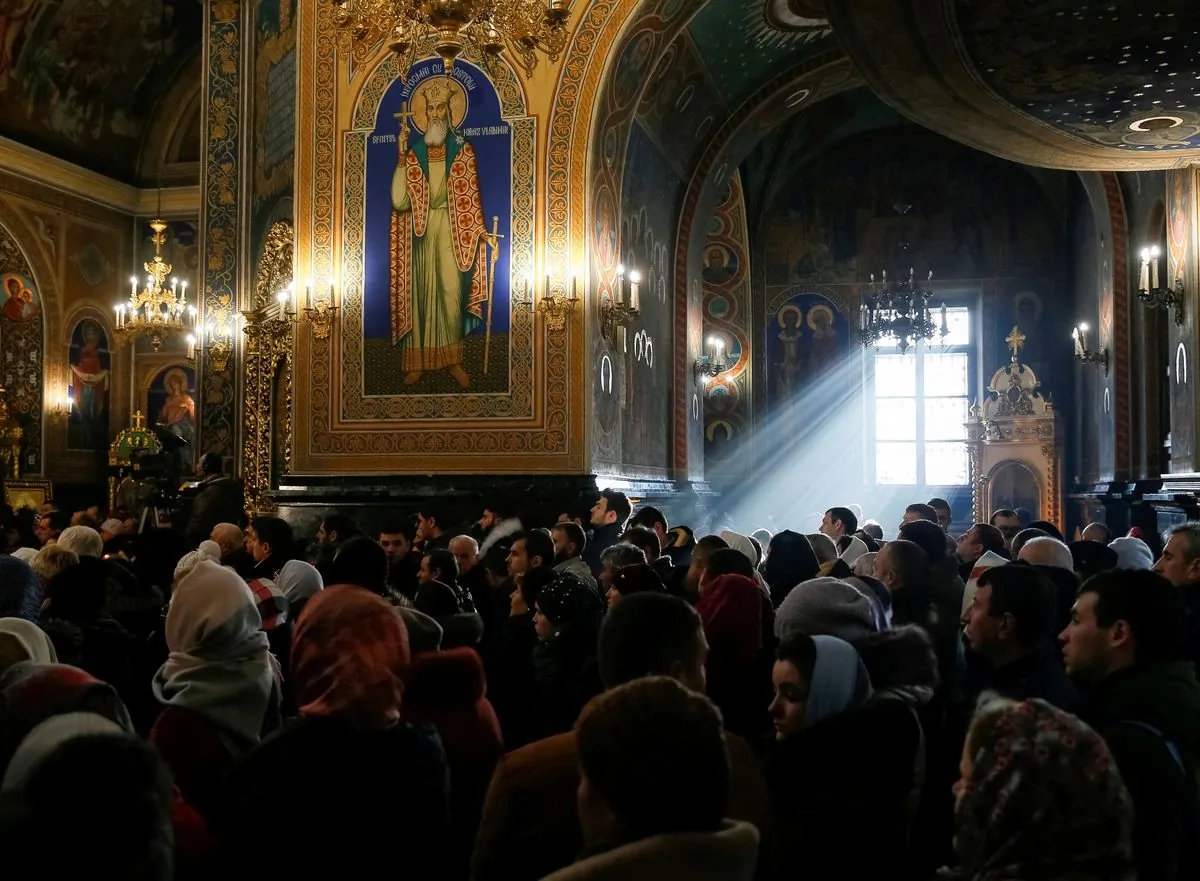Moldova's Orthodox Church Rift Intensifies Ahead of EU Referendum
Pro-Romanian Orthodox branch in Moldova accuses Moscow-linked clergy of opposing EU referendum. Religious divide mirrors political polarization as the country prepares for crucial vote on European integration.

In Moldova, a nation of approximately 2.6 million people, religious tensions are escalating as the country approaches a critical juncture in its history. The pro-Romanian branch of Moldova's Orthodox Church has leveled accusations against clergy affiliated with the Moscow-linked branch, claiming they are actively campaigning against an upcoming referendum on European Union membership.
The Metropolis of Bessarabia, representing the minority pro-Romanian faction, has expressed concern over what it perceives as "profoundly offensive acts" by rival priests. These actions, according to the Metropolis, are "clearly directed against the spiritual and national unity" of Moldova. This religious divide mirrors the broader political landscape in the former Soviet republic, which gained independence in 1991.
Moldova's population, with a literacy rate exceeding 99%, finds itself at a crossroads between two distinct paths: closer ties with the EU and neighboring Romania, or maintaining traditional links with Russia. This dichotomy is particularly significant given that over 90% of Moldovans adhere to Orthodox Christianity, making the church's influence on public opinion substantial.

The referendum, scheduled for October 20, 2024, coincides with a presidential election in which incumbent Maia Sandu is seeking a second term. Sandu, a proponent of EU integration, has previously urged clergy to refrain from political involvement. In early September, she stated, "Clergy must not permit themselves to be used to destabilize the country. They must in all things work for peace in our society."
The Metropolis of Bessarabia has taken a firm stance in support of Moldova's European aspirations. In a statement, they declared, "The Bessarabia Metropolis firmly supports Moldova's Europe policy which reflects Democratic values and respect for the Church and Christianity."
This religious schism comes at a crucial time for Moldova, which received EU candidate status in 2022, eight years after signing an Association Agreement with the bloc. The country, celebrating its Independence Day on August 27, has made significant strides towards European integration despite being one of Europe's poorest nations.
Recent opinion polls indicate 56% support for EU membership, with 34% opposed. Two of the fifteen parties registered for the referendum campaign are advocating for a "no" vote. This political landscape reflects the complex challenges facing Moldova, including its frozen conflict in Transnistria and its strategic position as a landlocked country bordered by Romania and Ukraine.
As Moldova navigates this pivotal moment, the interplay between religion and politics continues to shape the nation's future. With its rich folklore tradition and a history deeply intertwined with both Eastern and Western influences, the country's path forward remains a subject of intense debate and significance for the region.


































